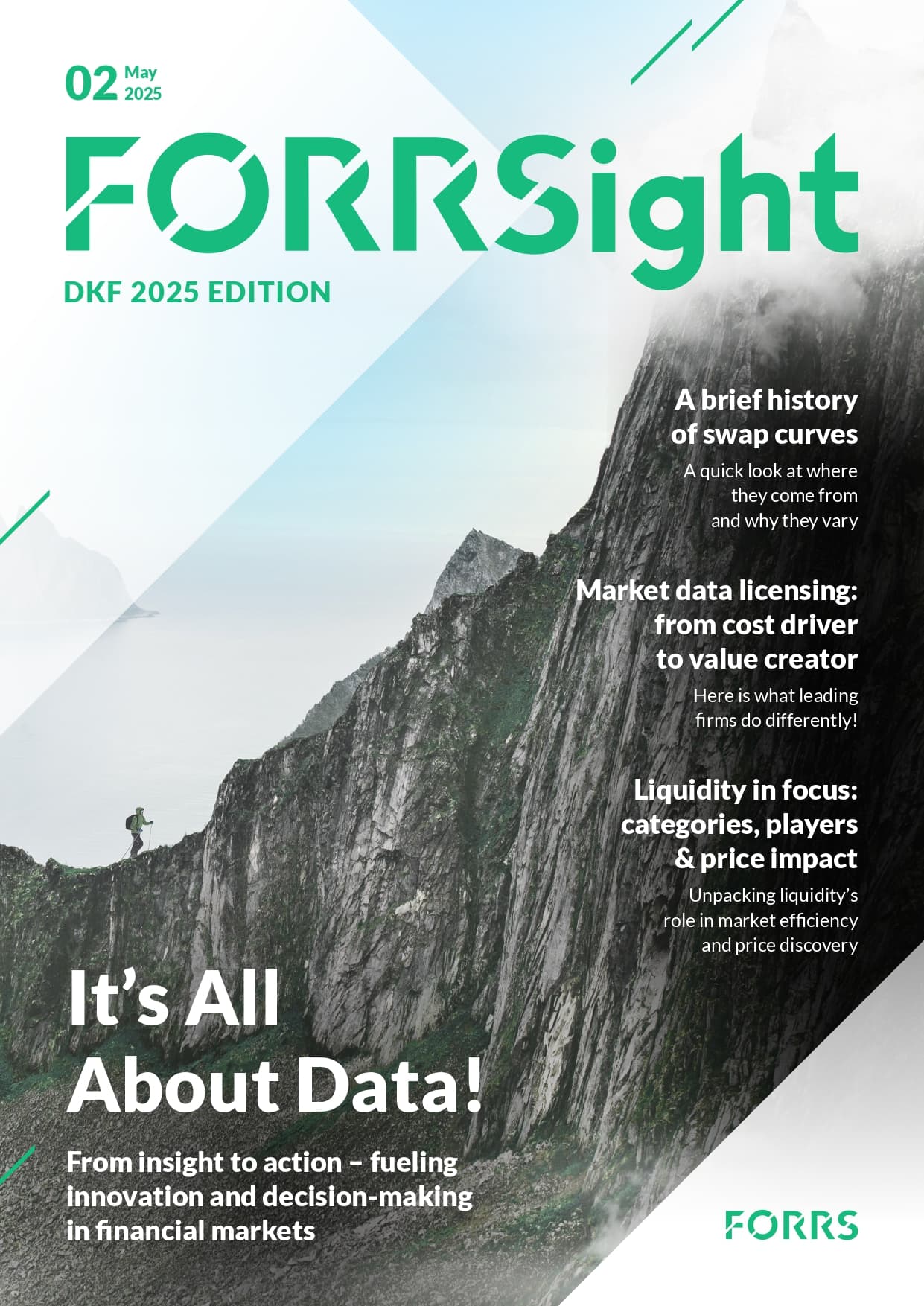31.07.2025 / 08:30
Voices from the Market: AI, Data & Execution
Financial Markets

From scalable analytics and AI governance to execution excellence and platform consolidation - these expert voices reflect the evolving priorities in the financial markets. As firms navigate complexity and fragmentation, success will depend on trusted partnerships, integrated technology and aligning innovation.

With identical raw market data available to all, users can focus on generating actionable insights, rather than investing in custom data pipelines. Modern, scalable infrastructures provide seamless access to both real-time and historical high-quality data, supporting tasks like liquidity analysis, TCA, best execution, PRIIPs compliance, and volume forecasting. In today’s fragmented market, superior data presentation enhances transparency, drives performance, and strengthens regulatory confidence.

Our perspective is broad, as we are currently processing 98 asset classes on a single platform. Across Europe, no matter which markets and assets clients trade or invest in, we see a common set of hurdles caused by a historically grown complexity of underlying system architecture, which now meets with three key strategic game changers:
- Worsening demographics
- Increasing cost pressure
- Lack of x-asset class data for real-time analytics and decision support
Technology and services at scale can help solve this dilemma.

Managing market data is no longer just about contracts – it’s about usage, automation, and strategy. Anja Hohenacker of TRG Screen emphasizes the importance of trusted partnerships and automation in navigating these complexities. By leveraging tools and services that provide real-time insights into spending and usage, firms can overcome inefficiencies and challenges. Like marathon running, market data management requires preparation, endurance, and trusted partners to cross the finish line successfully.

Trading is facing major challenges, especially around digitalization and constantly changing market volatility. In our Flow Trading department, we focus on FX trading and execution, as well as on optimizing bond trading and advancing automation. One example is our project to consolidate trading IT, which has significantly simplified the process chain and enabled faster, more precise execution. In addition, we are actively working on strategic partnerships in bond trading to strengthen our market position and expand our product offering, leveraging our long-standing experience in foreign exchange trading.

AI’s role in financial data management is evolving – from early Natural Language Processing (NLP) and mapping tools to autonomous systems driving decisions. As AI governs data quality and workflows, questions arise: Can AI self-regulate through inter-AI governance? And how do we ensure GDPR compliance? An independent entitlement layer may be key to trusted, scalable, AI-led data ecosystems.

AI holds transformative potential for the financial industry, yet its real-world impact remains uneven. While interest and experimentation are high, many use cases still fall short of delivering scalable, client-centric value. True progress will come when AI is embedded into strategic workflows, supported by regulatory clarity, strong data foundations, and a clear focus on outcomes. For financial institutions, the challenge lies not in adopting AI tools, but in aligning them with real business problems. As the technology matures, the winners will be those who balance innovation with discipline and client trust.





